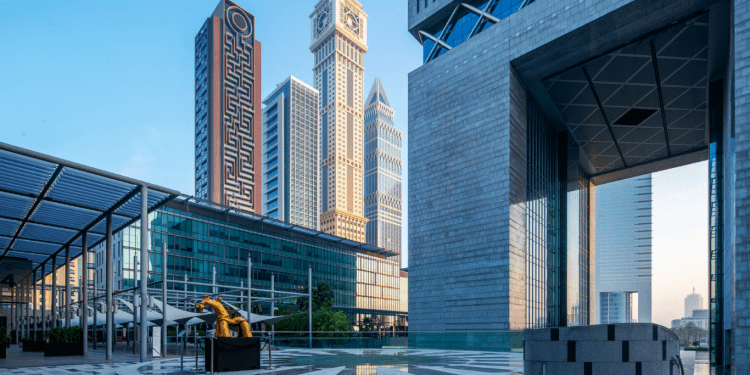- The ADGM has proposed a legal framework for distributed ledger technology in the UAE
- The proposals aim to establish standards for targeting those related to decentralized autonomous organizations
- Abu Dhabi and Dubai are working together to establish regulations best suited for blockchain and crypto businesses in their region
The Abu Dhabi Global Market (ADGM) continues to make strides in its efforts to promote blockchain technology as it puts forward a legal framework seeking feedback from the market. The proposed legislative framework for distributed ledger technology (DLT), which targets critical matters in the industry, is under consultation.
Its financial regulator supervises the ADGM, an international finance center within the United Arab Emirates (UAE), with its licensing regime for virtual asset providers. Despite not being the ADGM’s financial watchdog, the authority’s focus remains on addressing service types and governance issues.
The “DLT Foundations Regulations 2023” proposed aims to establish a unique legislative framework that considers the features of foundations attractive to developers of DLT projects. This includes decentralized autonomous organizations (DAO), a highly favored decentralized initiative governance structure. The proposal also seeks to set up new standards for reporting, disclosures, and publication, as well as measures for insolvency and liquidation.
The UAE’s joint efforts between Abu Dhabi and Dubai to attract blockchain and crypto firms to the region have been well-coordinated. Abu Dhabi’s initiative to support Web3 projects with a $2 billion fund kicked off in February. Additionally, these emirates are working together to establish regulations best suited for blockchain and crypto businesses in their region. Dubai’s implementation of a crypto regulatory framework earlier this year, coupled with the UAE’s introduction of federal licensing requirements for virtual asset service providers in the same month, signals their commitment to creating a hospitable environment for crypto and blockchain-related activities.
The consultation paper’s proposals aim to appeal to a wide variety of individuals and organizations, including industry participants, stakeholders, legal advisors, and those actively planning or operating DLT projects and digital asset-related activities. Interested parties have until May 12 to provide feedback on the proposed framework.
The proposed framework could be a positive next step for the UAE, and as an emerging economic and technological giant, blockchain technology will play a vital role in its future.
UAE on the Crypto Industry
As one of the seven emirates of UAE, Dubai is taking ambitious steps to make its goal a reality. Under their newly-introduced regulations, all entities seeking crypto-related services must seek relevant authorization and licenses. Notably, these regulations come accompanied by four compulsory rulebooks for service providers and seven activity-based rulebooks that outline specific requirements by the type of service offered.
The Emirate’s crypto industry has recently received a significant boost with the announcement of Hex Trust’s greenlight from the Virtual Asset Regulatory Authority (VARA). This move comes as the regulatory framework surrounding crypto in the country continues to evolve, paving the way for an increase in virtual asset-related activity.














